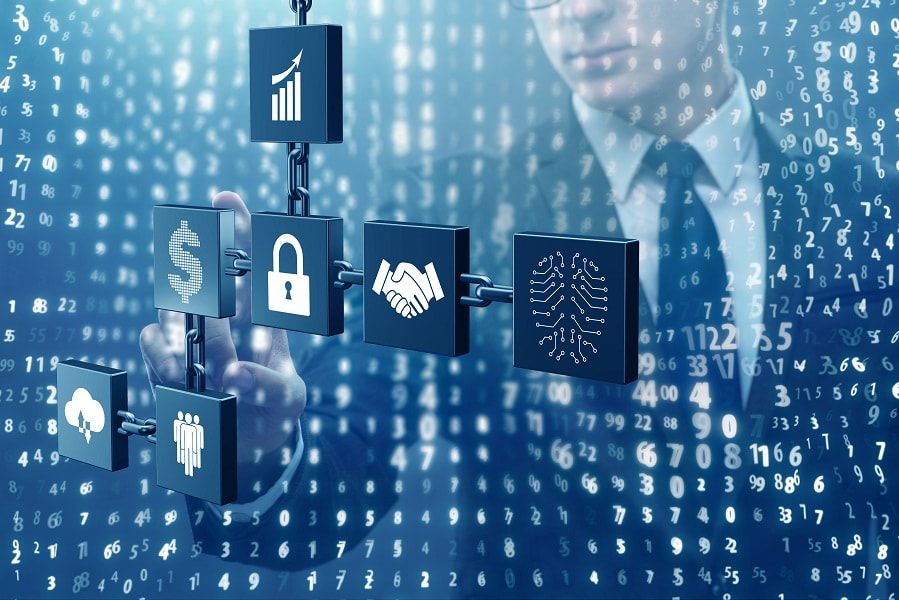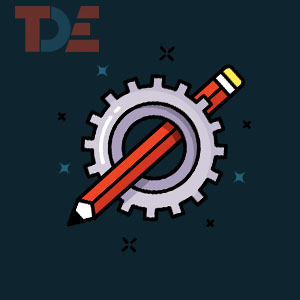Blockchain Will Change the Way You Do Business. Are You On Board Yet?

If one were to pinpoint one other technology besides artificial intelligence that is expected to propel the pace of digital transformation for the enterprise, it would have to be blockchain tech, which is quietly revolutionizing the business world by increasing the efficiency of business processes. There are a myriad use cases spanning several industries as innovators are finding new ways of leveraging this technology.
The blockchain process of storing information on a decentralized ledger holds many benefits not just for banking enterprises, but several other industries where customer trust and data protections is critical. Since the distributed ledger technology underlying blockchain technology guarantees transaction transparency, it is easy to trace the lifecycle of payments from initiator to receiver. It acts as a preventive measure against fraudulent activity, reduces fiscal losses and minimizes auditing costs. Global transactions are also streamlined since geopolitical borders do not hinder the speed of transactions.
Cloud storage also gains from blockchain technology, since centralized data security processes become redundant. Enterprises using cloud storage for sensitive customer information can put the safety of all that data at risk. Blockchain technology is architected on the principle of decentralization, where a layer of security is added to cloud storage and even decreases transactional costs.
Cybersecurity also stands to benefit from these same principles of distributed ledger technology. A decentralized security structure will minimize malicious threats emanating from a single point of weakness, and in fact, decrease the chances of IP-based DDoS attacks. In addition, the need for human intervention is highly reduced with the implementation of blockchain tech. Not only does this reduce the chances of hacking, but also of human error in general.
Decentralized digital record-keeping in the education sector also means that information pertaining to students, teachers, and classes can be stored in a safer manner with decreased chances of data losses. It further implies that records pertaining to academic credentials can be stored in a manner that makes verification simple and foolproof. Blockchain can move the entire process of verifying academic records manually into a ledger-based format, thereby keeping in check false credits, while maintaining the records on an open infrastructure without any breaches.
The same logic applies to HR professionals, who are looking to verify employee records. Again, background checks will become far easier, as data will become more difficult to falsify. The system of ‘smart contracts’ is also beneficial to the HR department as payment histories can be easily verified.
With blockchain technology slowly yet surely entrenching itself into everyday enterprise functioning, it makes for professional acuity to get on board at the earliest instead of fighting the change.


 By
By 










